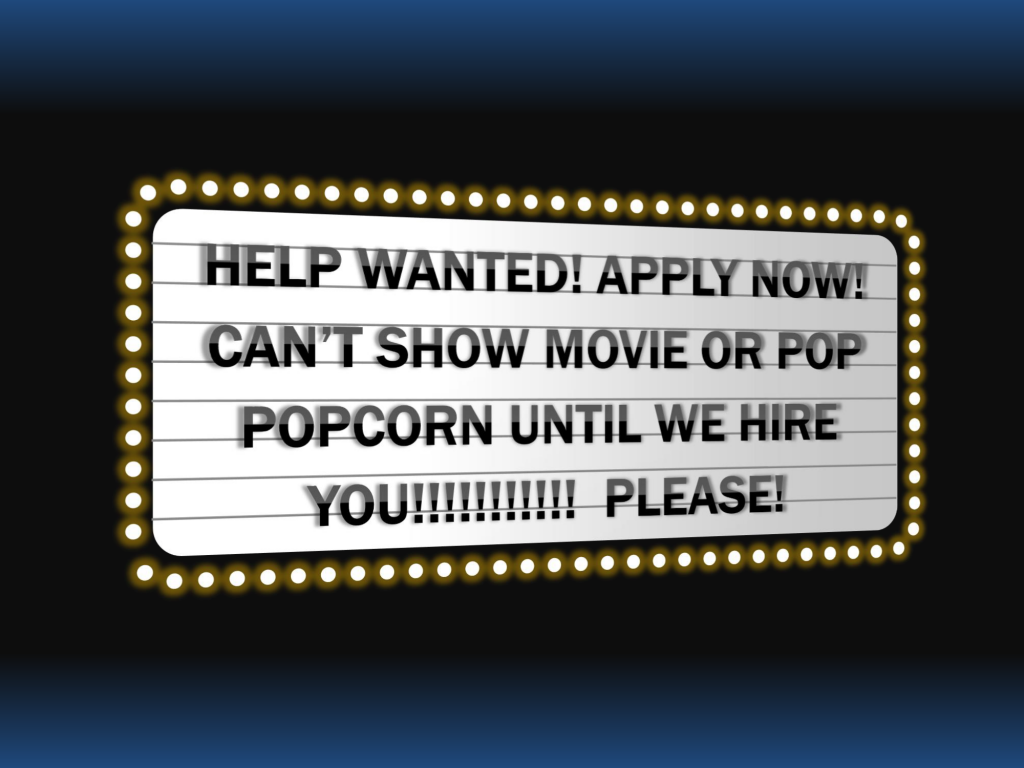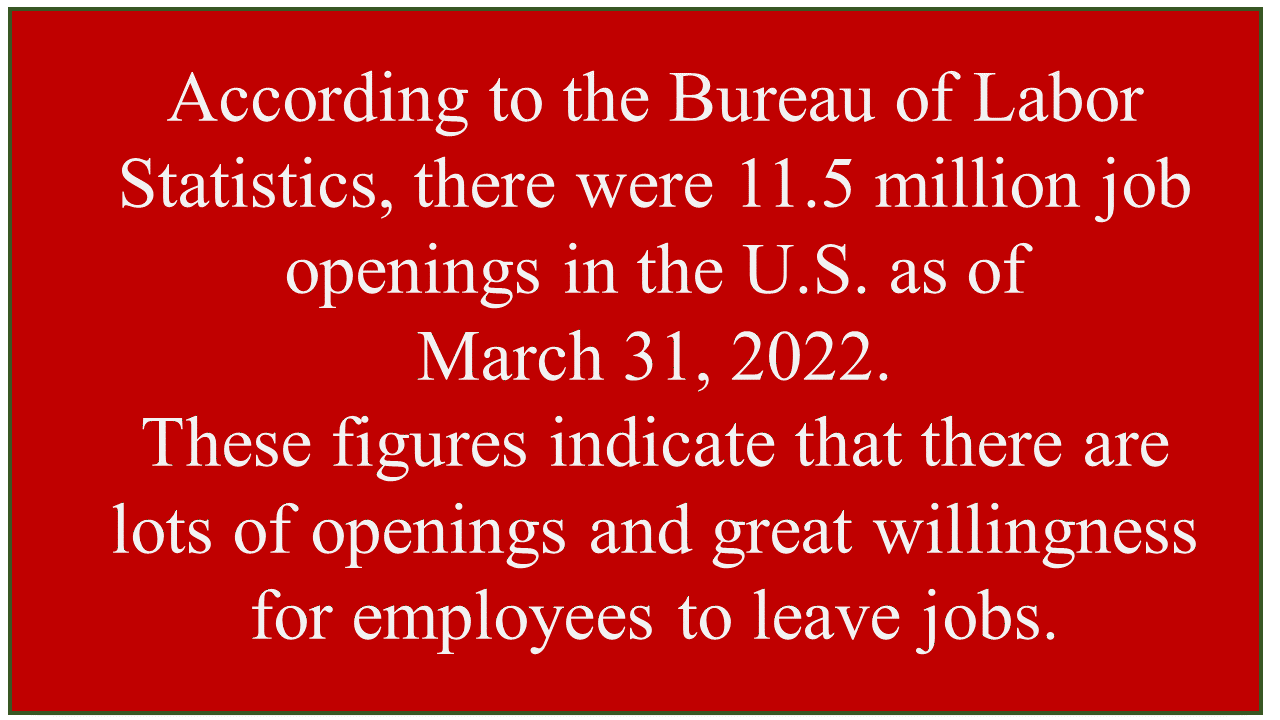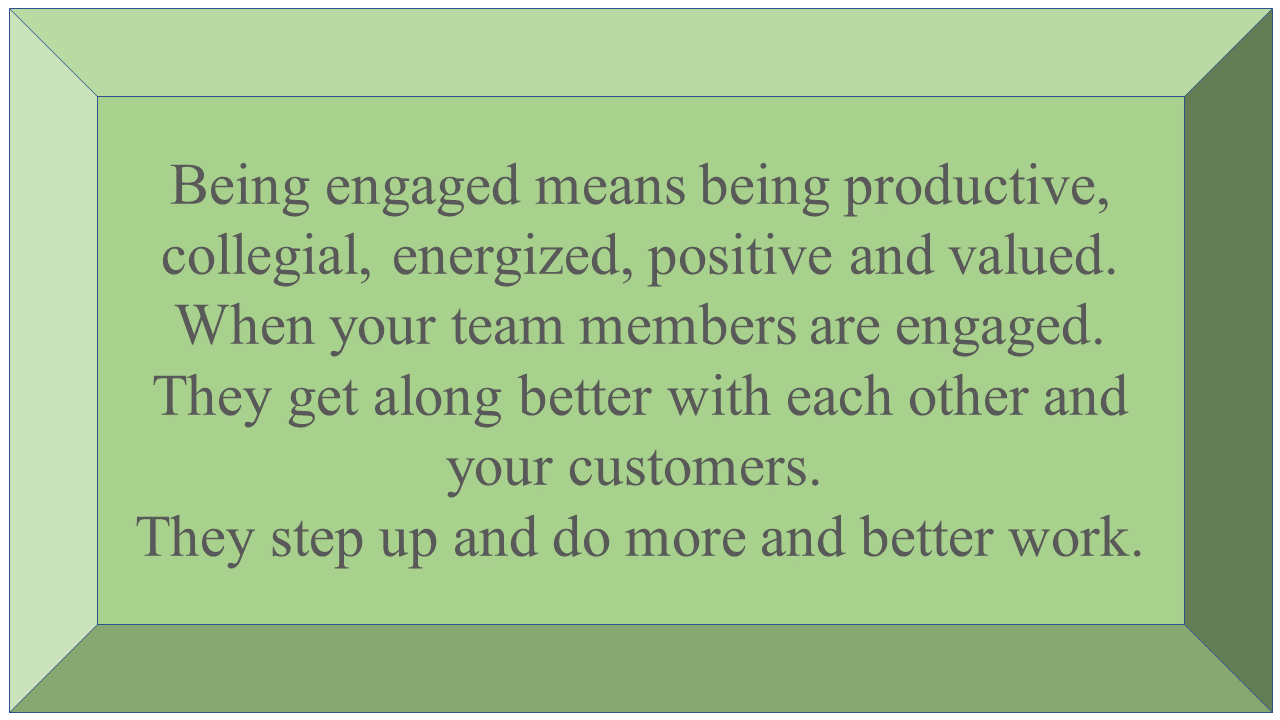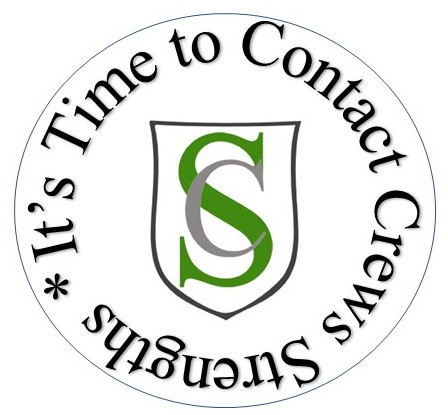
Everywhere you look, you are seeing what I’ll call the “Great Employee Search”. Roadside signs that once indicated the special of the week or “kinda” witty sayings, now scream “We are Hiring! All Positions! Signing Bonus!”. Lots of exclamation points – lots and lots of them. Online, companies simultaneously attempt to sell their products and services and induce your interest in helping them sell their products and services. “If you are in the market for widgets, buy our widgets. If not, please come help us sell our widgets. Please! Pretty please!” (Please note the exclamation points?)

When your team is short staffed, the strain on the people who do show up for work, includes taking on more responsibilities including ones that they are neither prepared nor qualified to do, working longer hours, getting less done. You and your people get burned out. Tempers flare. Your people, who didn’t hate their jobs, are beginning to . . .
No one deserves to hate their job!
Not you!
Not your people!
All the change and all the confusion of the last two years led to people – managers and line workers, bosses and salespeople, front line and back office – to start hating their jobs.

Hate may sound strong, but how else do you describe that feeling that something you spend most of your waking hours doing is unrewarding, undervalued, inconsequential?
Is it any wonder people, maybe your people, are leaving in droves?
Is it any wonder that you want to join them?
4.5 million workers quit their jobs in March 2022. With a full-time U.S. workforce of around 127 million, plus about 26 million part-time employees, 4.5 million is not a huge percentage. However, that monthly figure happened almost every month of last year. According to Society for Human Relations Management (SHRM), there were 47.8 million resignations in 2021. March’s numbers confirm the fact that it has continued into 2022. This has come to be referred to as the “Great Resignation”. The reality is that this trend has been on the rise since the middle of the last decade.
According to the Bureau of Labor Statistics, there were 11.5 million job openings in the U.S. as of March 31, 2022. These figures indicate that there are lots of openings and great willingness for employees to leave jobs
Worker’s willingness to quit jobs is one measure of a healthy economy. Why? Because people tend to be willing to leave jobs when they believe there are alternative opportunities. This also indicates that employees will tolerate less that bothers them than they will in a market with fewer opportunities.

While this may indicate a healthy economy, it probably doesn’t feel that way in many companies. Employers are facing numerous issues causing them concern.
- If you have an employee opening, it will probably be hard to fill.
- If you lose an employee, you will have an opening. Then refer to the statement above.
- Up to 44% of your staff are spending some part of their time (and yours) looking for another job.
The list continues including problems for employers and their teams.
- The pandemic altered normal work processes, causing many people to shift to at-home work. Some loved it. Some hated it. With few places to go and concerns about unemployment, especially at the beginning, working hours stretched into working days, entire days. Many people found that work began to fill every minute of their lives.
- Further examples of radical change played havoc with how people had conducted their lives. Things like lack of in-person contact, indirect leadership, technological hurdles, profoundly different familial environments. All of these have had their effect on everyone in the work force.
- Many workers, who have participated in the “Great Resignation”, are having leaver’s remorse. Whether that is due to leaping too quickly, having overly high expectations or miscommunication about the new job, it is leading to additional problems. Employers are stuck with their old opening becoming their new opening. Employees, leaving or staying, are being frustrated and confused. Open positions lead to more work for everyone, tougher decisions, lost business, and a sense of exasperation.
- Adding insult to injury, some people accepting job offers aren’t even showing up to start their new jobs. Southwest Airlines told the Wall Street Journal that 15% to 20% of their new hires don’t turn up for their first day. Allied Universal, a security and facility-services provider, says that roughly 15% of new hires disappear before day one, without so much as an email. (WSJ, May 6, 2022).
Is there something which you could do to lessen the effects of the “Great Resignation” on your company, your people and yourself? Is there something you can do to retain and inspire your best people? Can you help your less engaged people feel greater connection and more commitment to the team? Is there a way that your openings might see more and better candidates? Is there a way that you can start to love your job again?

Yes there is!
If people work in their talents, on a regular basis, they are more engaged in their work. That last sentence requires a little unpacking. Being engaged means being productive, collegial, energized, positive and valued. When your team members are engaged. They get along better with each other and your customers. They step up and do more and better work.
Talents are your hows, whys and motivation. Don’t confuse talents and skills. Skills are the stuff you know how to do: fix computers, run meetings, repair cars, style hairdos. Talents are why and how you approach and succeed at the things you do and the motivation that helps you start, continue, and complete what you do.
People who discover and then use their talents, turn them into Strengths. Which means they are more engaged in their work. They accomplish more, contribute more, enjoy more in the process. Not only do they feel more aligned, but they are more likely to think and speak positively about their job. That positivity can lead them to tell people that they work for a great organization, which might point some of those other employers disenchanted “Great Resigners” in your organization’s direction.
If your people could get clearer about their talents and that led to less turnover, more positive than negative interactions, more work done well, new and better solutions, then would you be interested in making that happen? If you could do any of those things for yourself, would you want to know more?
Crews Strengths would love to help. Before you read the next resignation letter, probably from your best employee, consider learning more about how developing talents can make a difference for your team. Before you write your resignation letter, let’s talk about the difference, knowing and developing your talents can have on your career.
It’s time to put your Strengths to work!(!!!!!!!)
Please let me know if you have found this post to be of interest. To make sure others are aware of your thoughts, please go back to this article in LinkedIn and like and comment on the actual post where the most people are likely to see it. Thanks for your kindness.
If you need help with your resume, your job search or in putting your Strengths to work, please contact Crews Strengths.
